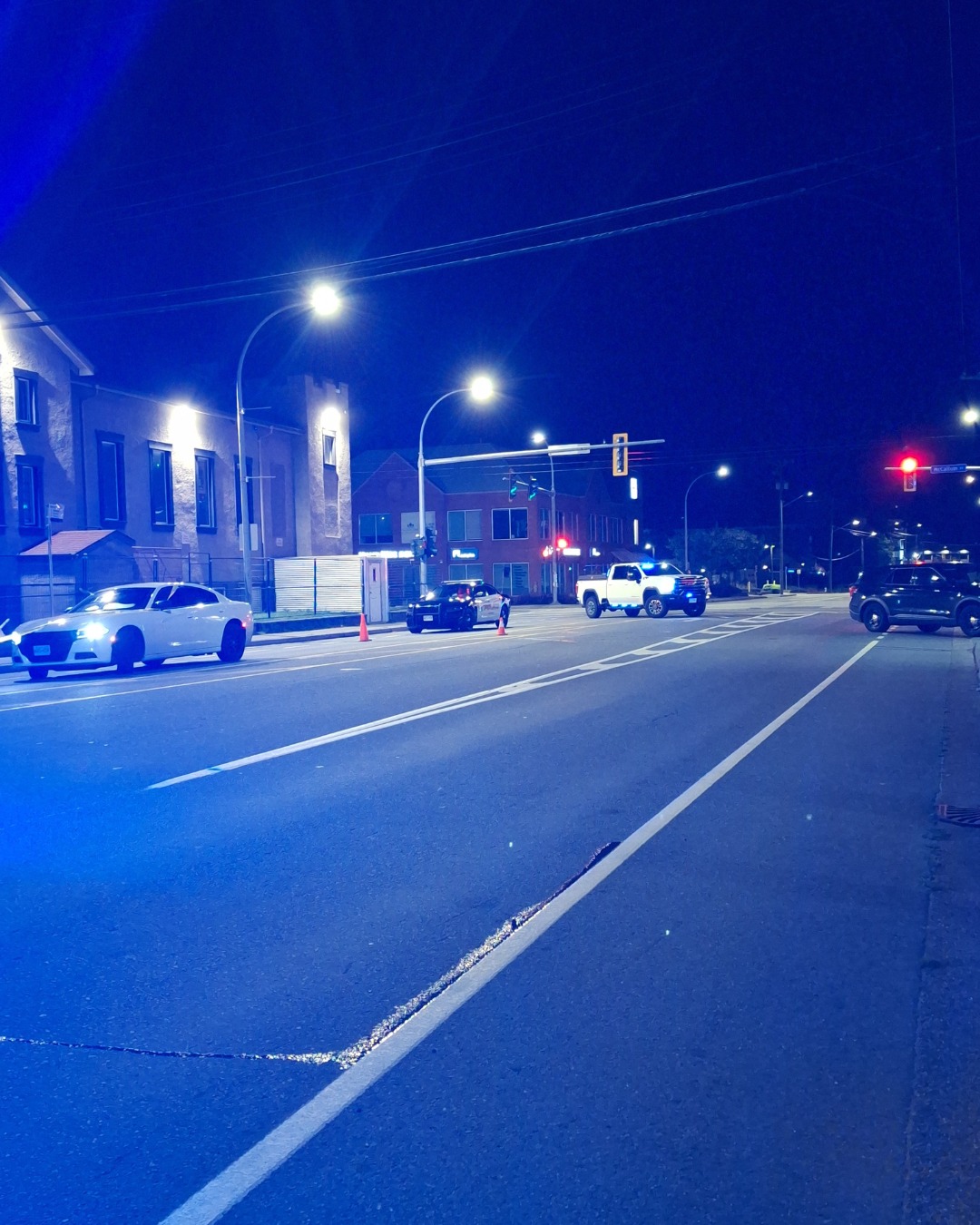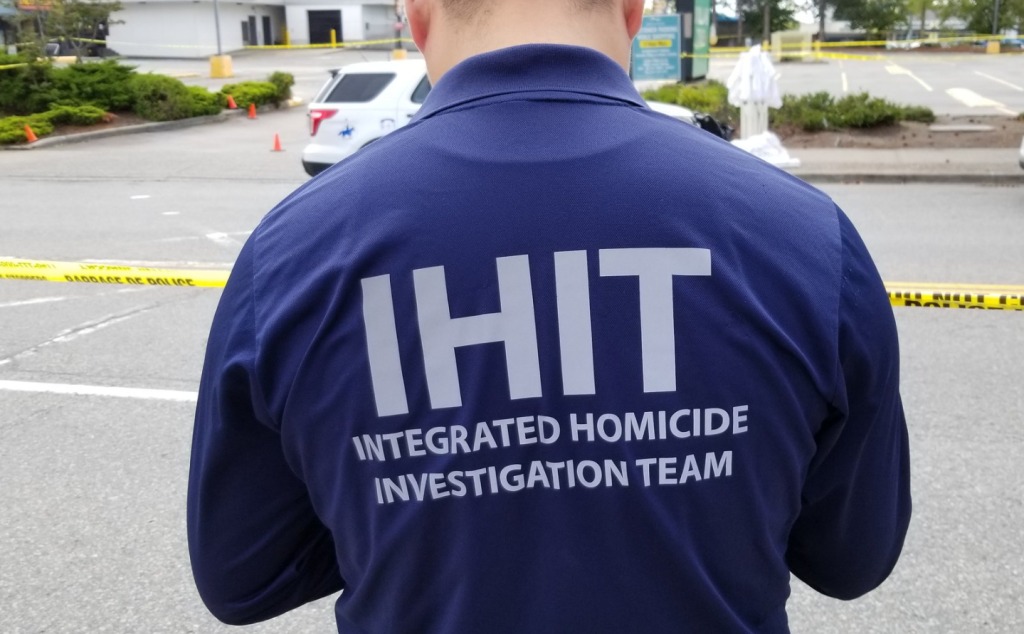Vancouver (Province) – Workplace tokers may soon find their cover blown by a high-tech machine built to smoke them out.
The Vancouver firm behind a marijuana breathalyzer says its product is now months away from final testing, after which it could end up in the hands of law enforcers and employers.
But experts say there are some big caveats before widespread workplace weed screening becomes commonplace.
Publicly-traded Cannabix Technologies Inc. has in recent months worked with medical marijuana users to test a prototype of its breathalyzer, which determines whether someone has ingested tetrahydrocannabinol (THC), an active component of pot, within the past two hours.
Cannabix’s president Kal Mahli said his firm hopes to have it on the market following a battery of beta-testing to ensure it’s 100-per-cent accurate.
Mahli said his firm is being hounded by law enforcement agencies for the device, which has also generated “a lot of interest” from the transport, shipping, mining and oil and gas industries.
He claims Cannabix is first to develop a pot breathalyzer, though Colorado’s Lifeloc Technologies, researchers at Western State University and a pair of University of Akron students have similar devices in the works.
Such breathalyzers are a response to pot’s increased social acceptance and the need for a tool to determine if workers can safely perform their jobs, Mahli said.
Indeed, Health Canada expects the number of medical marijuana users to rise to 450,000 by 2024, up from 37,000 in 2013. The legalization of marijuana in some U.S. states has Mahli predicting that use of pot will surpass that of alcohol.
Mahli said urine and saliva tests can detect past drug use, but don’t necessarily demonstrate a worker’s ability to work a given shift, which is where the breathalyzer comes in.
“Our intent is to test people to see if they’re impaired at the time of the test rather than whether they did it on the weekend or a week ago or two weeks ago,” he said.
At issue, however, is whether such a device can reliably tell if a worker is fit for duty.
“Presence of THC and even the use of THC in the last couple of hours tells you only that the person has ingested THC in the last couple of hours,” said Kirk Tousaw, a lawyer who works primarily with the medical marijuana industry.
“It doesn’t tell you whether or not that person is impaired … if their performance is going to be affected.”
Tousaw said he’s seen hysteria around marijuana use in safety-conscious industries such as trucking and construction, and a lack of science about how marijuana impairs users — particularly medical or experienced users — has Tousaw concerned such a test could harm safe, efficient workers.
Micheal Vonn, policy director for the B.C. Civil Liberties Association, echoed Tousaw’s concerns around detecting impairment.
“The trick always with these drug recognition tests is the ability to test for actual impairment, as opposed to use,” Vonn said.
“What we don’t want to see is the kind of tool that is so broad-based that it would show that someone used marijuana on the weekend, that they are a medical cannabis user and that any other kind of cannabis had been ingested that does not constitute the issue, which is impairment.”
Vonn said her organization recommends workers concerned about such testing speak with their lawyer or seek legal advice through the Lawyer Referral Service.
“These will be very new tools and as I say, we’ll be watching with great interest to find out how they are able to meet the challenge of determining actual impairment,” she said.
Julianne Yeager, an articled student with Yeager Employment Law, said a company’s ability to perform drug testing, and to dismiss a worker based on it, comes down to the wording of its employment contract.
“It’s a useful tool for employers that want an extra element of control over their workplace, provided that they don’t fall into the trap of doing things without contractual agreement,” said Yeager.
“If they do that, then they’re in a whole other world of hurt; they’re opening themselves up to liability for different kinds of dismissal without notice.”
Yeager said medical marijuana users who are penalized for refusing to submit to testing may have grounds to claim discrimination.
But if the worker contravenes an employment contract’s bonafide occupational requirement for a THC-free workplace, he or she may be dismissed for cause, she said.
Dr. Barry Kurtzer, medical review officer with DriverCheck, a medical testing company that provides services to 6,000 companies in Canada, said a marijuana breathalyzer could be a useful tool but the science behind it needs to be accurate, reliable and defensible before he sees it making its way into workplaces.
As well, he said, there’s concern that in addition to prescribed medical marijuana patients, users of prescription cannabinoids such as Sativex would also test positive for THC.






